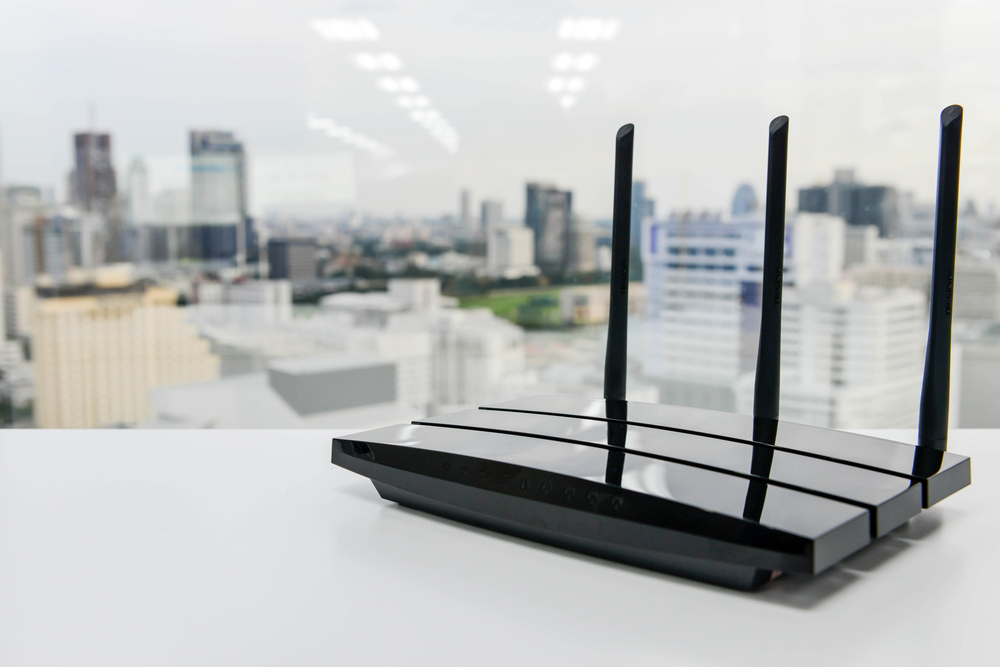Wi-Fi Is Getting a Big Security Upgrade
The Wi-Fi Alliance has announced its next Wi-Fi security standard, which will roll out in the coming years.
The next generation of secure Wi-Fi is here. The Wi-Fi Alliance yesterday (June 25) announced WPA3, the latest set of standards for Wi-Fi security.

WPA3 will in the future be mandatory for a device to become certified by the Wi-Fi Alliance. Currently, WPA2 is required.
That said, the transition will be a years-long process as manufacturers introduce routers, access points, computers, smartphones and other wireless devices that are compatible with WPA3 standards.
MORE: The One Router Setting You Need to Change (but Probably Won't)
Consumer-grade WPA3 devices will use an algorithm called Simultaneous Authentication of Equals that should prevent hackers from accessing your Wi-Fi network by repeatedly guessing its password. As with modern iPhones, several successive failed attempts will temporarily block further guesses.
WPA3 also supports Forward Security, which gives each authorized session its own encryption token. This means that anyone who guesses a W-Fi network password won't be able to see the data streams of other devices on the network. There's also Protected Management Frames, a feature that should prevent anyone trying to kick you off your Wi-Fi network with commands that should come only from your router.
Two other new initiatives are not part of WPA3, but might be even more useful in the short terms.
Get instant access to breaking news, the hottest reviews, great deals and helpful tips.
Wi-Fi Certified Easy Connect, also unveiled yesterday, will make it easier to connect devices with a limited interface or no interface at all, such as a smart bulb or a smart plug. You'll be able connect such devices by scanning a QR code on the device without compromising your connection's security.
Earlier this month, the Wi-Fi Alliance introduced Wi-Fi Certified Enhanced Open, a protocol that finally provides protections to users on public Wi-Fi networks without passwords, such as those in parks, airports and other public spaces. The protocol will encrypt communications between the access point and individual users using unique keys, making it difficult for anyone to passively eavesdrop on internet traffic.
Monica Chin is a writer at The Verge, covering computers. Previously, she was a staff writer for Tom's Guide, where she wrote about everything from artificial intelligence to social media and the internet of things to. She had a particular focus on smart home, reviewing multiple devices. In her downtime, you can usually find her at poetry slams, attempting to exercise, or yelling at people on Twitter.
 Club Benefits
Club Benefits





